This is The Best Guide for Keeping Poultry Commercially
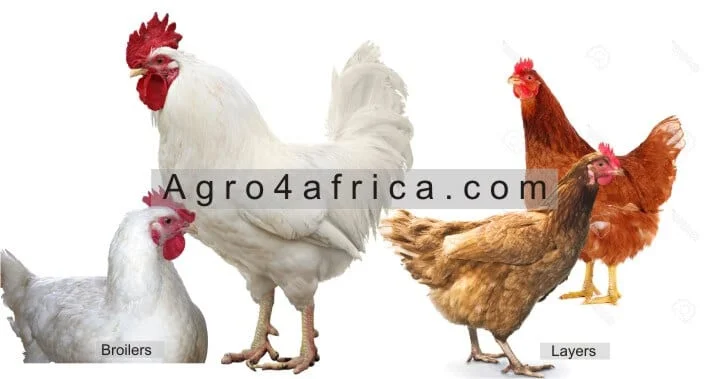
Keeping poultry commercially makes a substantial contribution to household food security throughout the developing world.
It helps diversify incomes and provides quality food, energy, fertilizer and a renewable asset in over 80 per cent of rural households.
Keeping poultry commercially, in a broad sense, means rearing various domesticated birds such as chickens, ducks, turkeys, and geese for the purpose of getting meat or eggs for food.
To help you easily navigate through these fundamentals of keeping poultry commercially, we have created a table of content below.
Reasons Why You Should Start Keeping Poultry Immediately
1. Poultry provides fresh and nutritious food and has a huge global demand.
Chicken products are among the major source of animal protein, aside from beef, pork and fish, necessary for human development.
Poultry meat contains more protein and essential amino acids than other meats and is low in cholesterol content in comparison.
2. Poultry farming does not require high capital for starting. You need just basic capital to start raising poultry.
3. Large scale or commercial basis poultry farming offers an opportunity for people to earn a big amount of money.
Keeping poultry is a highly profitable business if you can run it properly under acceptable methods and conditions conducive for the birds.
This business gives a rapid return on investment.
Meat, eggs, feathers and manure of chicken are all saleable and income-generating.
Chicken start laying eggs in 8 to 10 weeks and broilers can be sold for meat between 6 and 10 weeks.
(Note: poultry farming is not a get-rich-quick scheme).
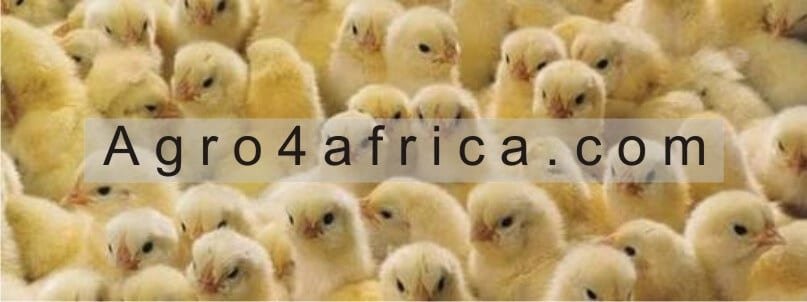
4. Poultry products are not seasonal and can produce income continuously for the entire year.
5. Poultry products are not much expensive and most people can afford those.
6. It creates both full time and part-time employment opportunities.
If you are already working before reading this article, poultry farming will be an additional source of income to you.
You may even ‘fire your boss’ by the time you invest little into this and start receiving your returns on investment.
7. Poultry droppings are rich in nitrogen and organic material and hence, are considered valuable as organic manure.
8. Chicken droppings can be used to produce methane gas for cooking. It can also offset the costs of heating the chicken house.
More Benefits of Keeping Poultry
9. You don’t have to worry so much about feeds.
Large quantities of byproducts, like bran, substandard grains, vegetables etc., which normally go as waste, can be used to feed the birds, thus saving for the farmer a portion of his expenses towards poultry feed.
10. Due to high demand, marketing poultry products is very easy.
There is an established market for poultry products in almost all places of the world.
So, you don’t have to think about marketing your products.
You can easily sell the products in your nearest local market or directly to consumers. Also, you can supply eggs to bakeries around you for their baking activities.
11. You don’t spend much money on providing water for chickens. Very little water is needed for both drinking and cleaning of equipment used.
12. Poultry feathers are also used for making decorations, fancy articles, and pillows.
13. There are no religious are cultural constraints to eating poultry meat or eggs.
14. Chicken extracts are used for making aromatic seasonings. You can supply chicken to seasoning producers and make money.
15. There are numerous poultry farmers who you can approach to learn first hand about poultry farming.
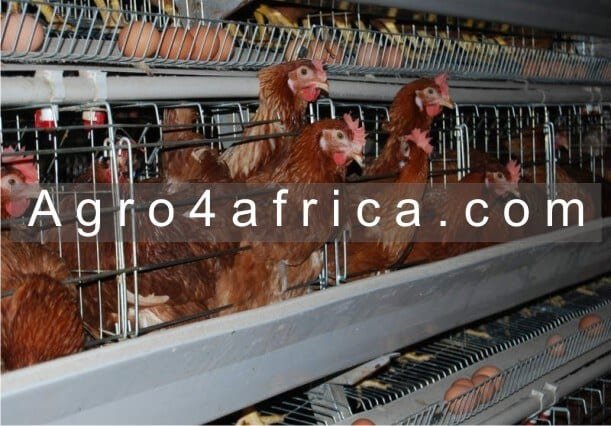
Essentials for a Successful Poultry Farming Business
Keeping poultry involves everything from building poultry pens to taking care of chicks, brooding, vaccination, and selling of eggs, meat produced to consumers.
In order to make a good profit, specific operational principles must not be ignored. When such principles are ignored by the farm management system, it results in serious losses. So before starting, it is wise to learn more about the business. Take some time and try to understand why most poultry farmers make good profits and some of them fail.
1. Prepare a Tentative Business Plan
A business plan for keeping poultry is like a road map leading you to where you are going in your business. Before you venture into the poultry farming business, you need to sit back and do proper calculations and planning. Make sure you have an idea of what you are going into, and all the costs involved.
You’ll need to factor in any equipment costs such as housing construction, purchase of feeders, drinkers etc. Another cost is the chicks themselves. You’ll need to pay for all the feed they will consume at an alarming rate until they reach market size. You may need medications or supplements as well.
Another part of the business plan is making specific, measurable goals. How many broilers will you raise for your first run? What is the market size? What equipment will you need to run the farm: fencing, housing, waterers, and feeders?
2. Select a Niche to Focus on
Decide on which area of poultry farming you’d like to venture into. You should enter the business well prepared by considering all of its aspects. You have to take every step wisely. Do not forget that there are many other poultry businesses out there, and you will be competing with them.

The following areas are the major available niches for decision making:
– Egg Production: This has to do with breeding layers to produce eggs.
– Meat Production: Broilers and Cockerel are kept for the production of chicken meat. Cockerels are rugged, they can absorb shocks far better than broilers and layers. They have a high survival capacity and can withstand bad weather. However, it takes a longer time for cockerels to reach maturity than broilers.
– Hatchery: The business of hatchery has to do with breeding chickens for the purpose of producing new chicks. An incubator is used to achieve this purpose.
– Feed production: This is focused basically on producing feeds for other poultry farmers.
Depending on your capacity, you may choose to focus on one stream or combine two or more. Determine your production purpose, select proper poultry breeds according to your desired production and go for the detailed planning.
3. Know Your Market and Develop a Marketing Strategy
You need to identify your market. Ask yourself questions like; Who is my local buyers? What product (eggs or meat) are they buying more? Will I sell to consumers directly from my farm (and if so, how will they know where to find me)? Will I process the chicken by myself, or outsource the function?
All these will help you design a marketing strategy. Advertise yourself by simply letting other people know you have eggs or meat you want to sell. Utilize the power of social media to broadcast your business. If you can, set up a website and manage it.
4. Select a Good Farm Location
You should think of setting your poultry farm at the most appropriate location. Select such a location that has all the required facilities and is favourable for your business. Try to build your poultry farm not too far from the town. Because most of the towns have a high-density population, and you have to target that market.
Also, try to avoid setting up the farm in residential areas, because poultry farms produce an offensive odour. Apart from the air pollution from keeping poultry, chicken makes a lot of noise. If you want something you can keep close to residential areas, try a snail farming business. You need to Raise your animals in accordance with local, state/provincial and federal laws. While selecting the farm location, consider the transportation system and medication facilities also.
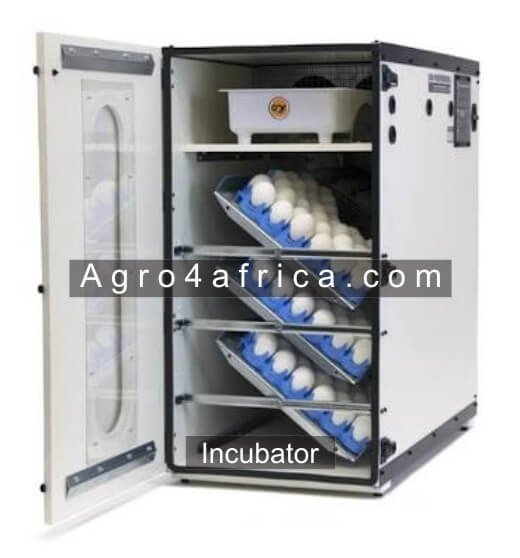
5. Purchase Basic Equipment for Keeping Poultry
For you to achieve the maximum result in your poultry farming business, there are certain types of equipment that are necessary.
A list of the required equipment is given below for running a poultry farm successfully.
- Feeders – This is used for placing food for the birds.
- Water pots and drinkers – Used for supplying drinking water to the birds.
- Laying Nests – the nest offers a secluded and comfortable environment in which the hen can lay eggs undisturbed
- Egg tray – Used for handling and sampling eggs.
- * Cages and Coops – These are used for keeping poultry birds. It is the chicken house.
- Egg scale – An instrument used for weighing eggs.
- Crates – Crates are used for transporting chicken to the market.
Incubator – This is a machine used to hatch eggs. It is used in a hatchery. - Egg washer – This equipment makes use of egg washing powder for washing eggs before delivery.
- Lighting instruments – This provides light to the poultry farm and also serve as a source of heat for the birds.
- Perches – As they imply, it is an object designed for the chicken to perch on.
- Brooders or Heaters – The heater or brooder is an equipment used in increasing the temperature of the poultry farm. This helps to keep the birds warm when the weather is cold.
- Ventilation system – This provides ventilation for the birds, keeping them cool in hot weather.
- Dressing machines – used to remove feathers from birds after slaughter. It is used in meat production units.
There are many other types of equipment used, however, it depends on the need of the poultry farm and the poultry farming system adopted.
6. Select a Method for Raising the Chicken
You may decide to use a Free-range system that allows your chicken to roam about the farm. This system consumes a lot of space. But, it provides a natural feeling for the birds.
In the conventional system of keeping poultry, chickens are confined in barns with controlled temperature and lighting. This system provides optimum use of space as poultry cages can be stacked upon another.
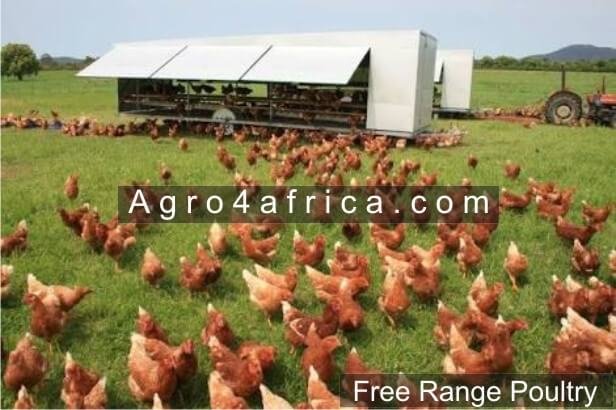
7. Purchase Your Starting Chicken
After setting everything up and having everything ready, purchase quality young chicken from a trusted breeder in your area and start caring for them. As a beginner, you should start with a minimum number of birds which will cost you pretty little money.
8. Feeding and Nutrition
Nutrition is an important part of poultry farming because the performance of chicken and other poultry birds depend majorly on their nutrition. Poor nutrition is the major cause of loss and predisposes birds to disease, a poor immune response to vaccines and predation.
Layers and broilers have their own specific nutritional requirements. These requirements must be considered when formulating their feed.
You can purchase the feed ingredients from the market and prepare the feed for yourself or purchase ready-made poultry feeds from the market.
Whichever way you decide, ensure your feed meets the required standard for the birds.
9. Vaccination
Poultry birds are prone to various types of diseases especially Newcastle Disease, which occurs at times of climatic and nutritional stress. Fowl cholera (pasteurellosis), coccidiosis, Gumboro disease (infectious Bursal disease), and fowlpox can also, cause problems to the birds. You can learn more about other poultry diseases and how to control them.
Vaccinate your chicken timely and always try to provide them with fresh water and food. Also, stock some required vaccines and medicine so that you can use them when needed.
Finally, before starting your poultry farming business, try to learn more about the business and visit some farms if possible. Consult with other farmers in your area and start with a minimum number of birds for the first time. Gather enough experience and gradually expand your farm.
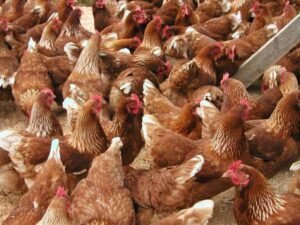
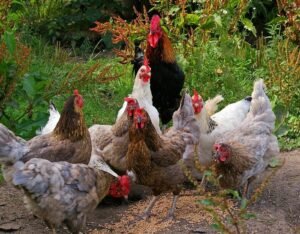
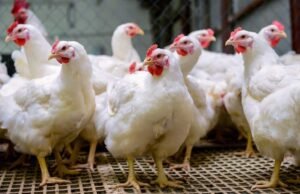
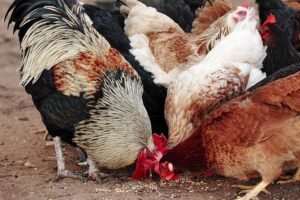
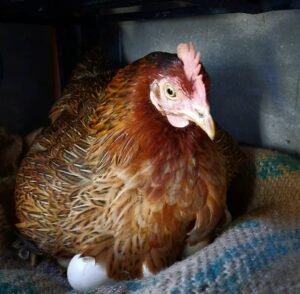
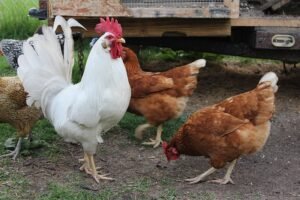



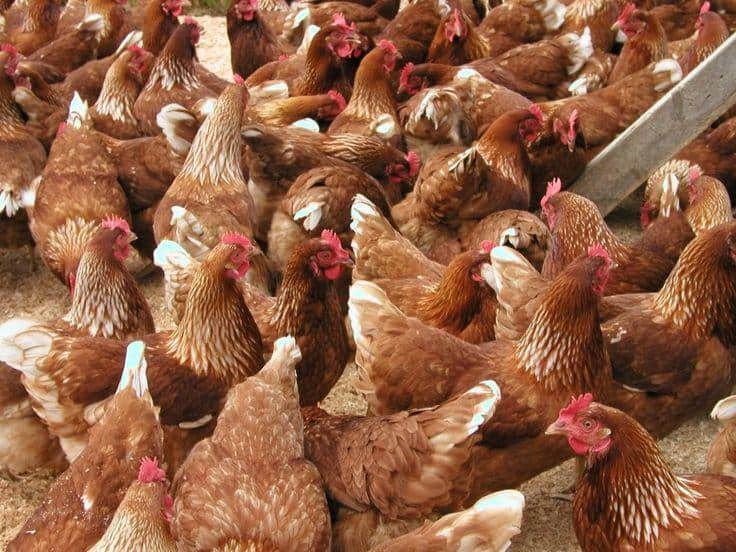
![How to Take Care of Chickens [Beginners guide]](https://agro4africa.com/wp-content/uploads/2020/10/How-to-care-for-chickens.jpeg)
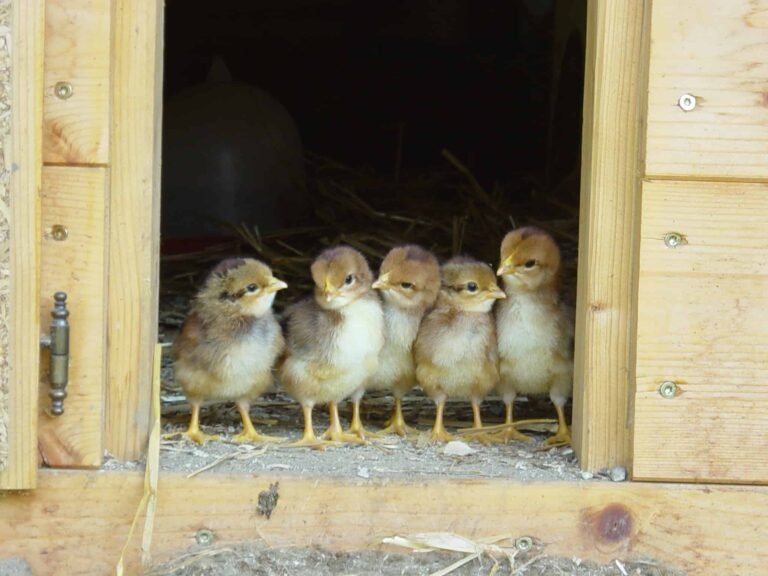
The writeup has well equipping information. i`am in poultry farming and have written commercial poultry farming business plans available at a fee. Interested parties can contact me immediately.
I am looking for a place where I can buy incubator I am staying in limpopo